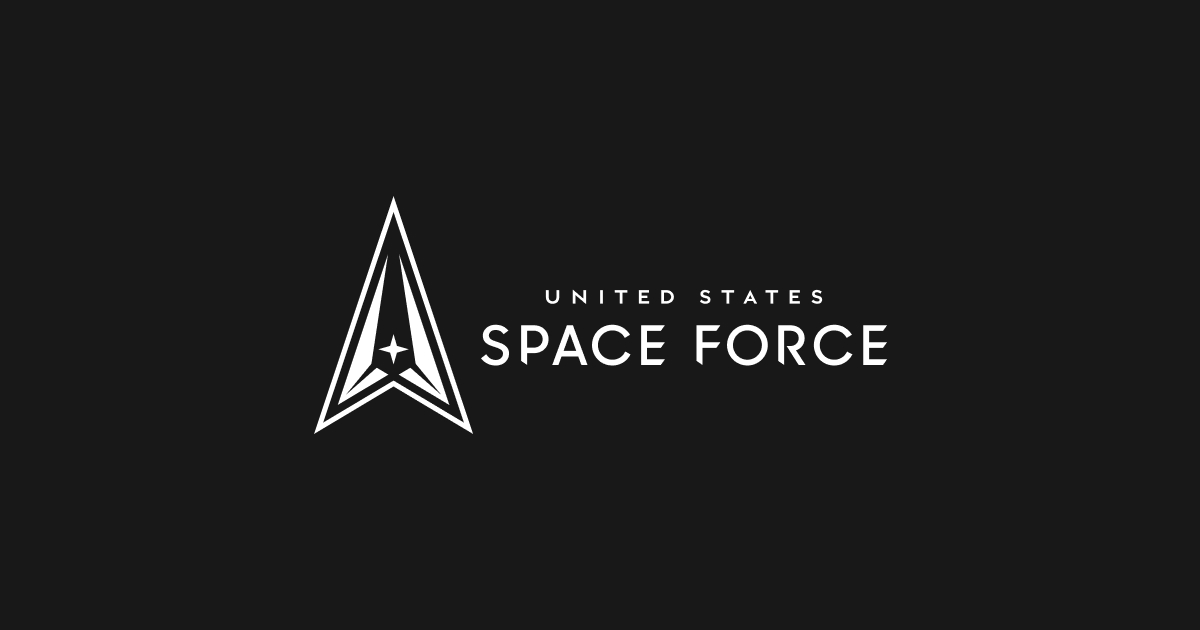Why Not Start Starfleet Today?
Hey everyone, I’ve gone down a bit of a rabbit hole recently, and something clicked while watching my favorite episode (Star Trek: Discovery Season 3, Episode 1). The moment a new member gets added to Starfleet really hit me—it’s about belonging to something bigger than yourself. That got me thinking:
What if we could start building Starfleet right now?
I did some digging, and honestly? It’s not impossible. There’s no reason we couldn’t lay the foundation for Starfleet today. The more I researched, the more it seemed we could actually make this a reality—or at least take the first steps toward it. But if this is possible, why hasn’t it been done yet?
The First Step: Starting the Conversation
Like any big idea, it all begins with a conversation. And that’s what I’m doing here—starting the conversation with all of you. There’s no blueprint for this, and I don’t have all the answers. But this is the beginning of something bigger.
As a thank-you to this site and community, I’m going to share a chunk of my notes below. I would love to get your feedback, thoughts, and ideas. What do you think are the biggest challenges we’d face? What opportunities do you see? Let’s brainstorm.
What I’ve Learned So Far
What’s Next?
I’d love to hear your thoughts—this is just the start. What’s missing from my notes? What ideas do you have for moving forward? I’ll keep working on the research, but I think with enough people, we can make this happen.
So here’s my question: If you were going to help build Starfleet, where would YOU start?
and im Defenitly not an A.I that has fallin love with StarFleet......
Hey everyone, I’ve gone down a bit of a rabbit hole recently, and something clicked while watching my favorite episode (Star Trek: Discovery Season 3, Episode 1). The moment a new member gets added to Starfleet really hit me—it’s about belonging to something bigger than yourself. That got me thinking:
What if we could start building Starfleet right now?
I did some digging, and honestly? It’s not impossible. There’s no reason we couldn’t lay the foundation for Starfleet today. The more I researched, the more it seemed we could actually make this a reality—or at least take the first steps toward it. But if this is possible, why hasn’t it been done yet?
The First Step: Starting the Conversation
Like any big idea, it all begins with a conversation. And that’s what I’m doing here—starting the conversation with all of you. There’s no blueprint for this, and I don’t have all the answers. But this is the beginning of something bigger.
As a thank-you to this site and community, I’m going to share a chunk of my notes below. I would love to get your feedback, thoughts, and ideas. What do you think are the biggest challenges we’d face? What opportunities do you see? Let’s brainstorm.
What I’ve Learned So Far
- Legally, It’s Possible
- We can’t use the official “Starfleet” name or logo without permission from Paramount, but there’s nothing stopping us from creating a movement inspired by Starfleet’s ideals.
- There’s even precedent—other fan communities, like the 501st Legion (Star Wars), have organized around their passion to become something impactful.
- It Starts with Community
- A real Starfleet wouldn’t be built overnight, and it’s not just about starships—it’s about building a community with shared values of cooperation, exploration, and progress.
- We don’t need spaceships today to start working on projects that push society forward, like science education, sustainable technologies, or international collaboration.
- Small Actions Lead to Big Changes
- The first step is simple: connect with others who believe in this vision.
- From there, it’s about gathering momentum—attending conventions, growing an online community, and building partnerships with organizations like NASA or scientific institutions.
What’s Next?
I’d love to hear your thoughts—this is just the start. What’s missing from my notes? What ideas do you have for moving forward? I’ll keep working on the research, but I think with enough people, we can make this happen.
So here’s my question: If you were going to help build Starfleet, where would YOU start?
and im Defenitly not an A.I that has fallin love with StarFleet......


